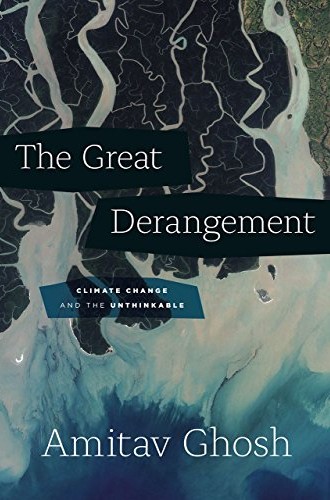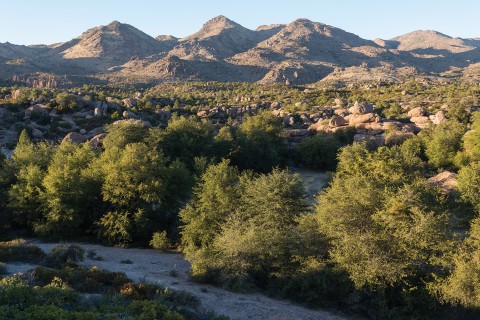Climate change and the failure of incarnational nerve
Do we really want God to live with us in a poisoned and degraded world?
By century’s end, Miami will have disappeared. Think about that for a few minutes. Along with tens of millions of people around the world, Miami’s residents will have joined the ranks of climate refugees who have been either flooded or burned out of their homes. Rising ocean levels will be just the beginning. If current trends continue, societies will face massive starvation, plagues and disease, perpetual war, and economic collapse. The pain and suffering will not be justly distributed.
If ever there has been a time to get busy with the work of building communities and economies that will help the earth be a livable home, now is the time. But can we do it? The signs are not encouraging. We have data aplenty. What we don’t have is the requisite sympathy and affection. These have been bred out of the human imagination by decades of habitual and cultural formation.
Consider two developments that have marked the new millennium: the dominance of urbanization and the recognition that we are living in the Anthropocene era, when humans are the dominant power influencing the earth’s future.





